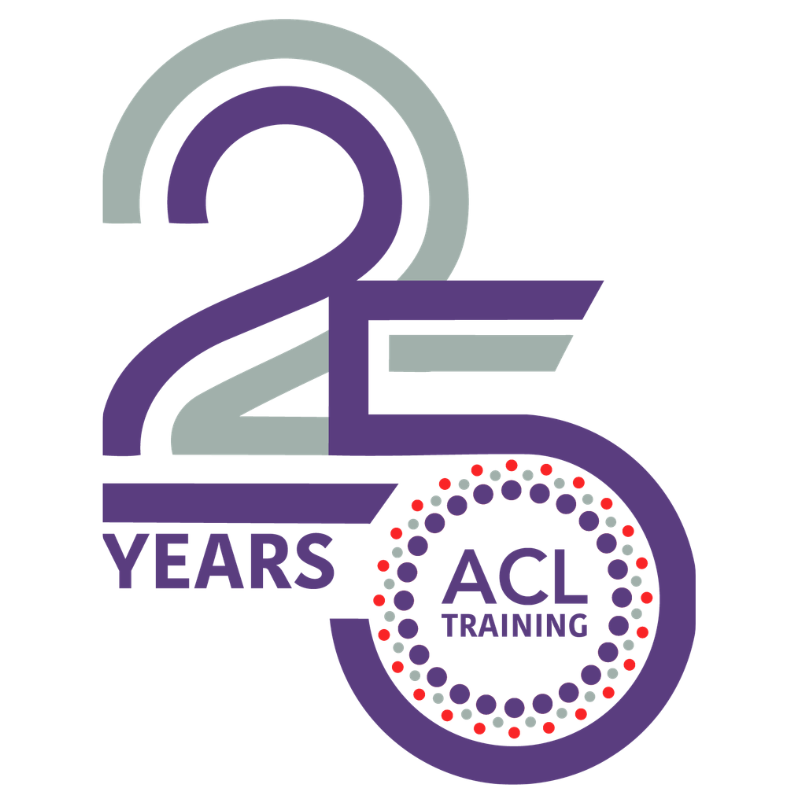Thomas
Thomas Higginbottom worked as a chef for eight years before swapping a culinary career for costs law. Now a director at Arc Costs, he also runs his own firm, Greener Costs, and recently completed ACLT’s Costs Lawyer Professional Qualification.
I studied law at university and, intending to embark upon a career as a solicitor, completed the legal practice course (LPC). On moving to Manchester, I needed a job and found work as a chef, initially as a temporary stop-gap.
Eight years later, I was a head chef overseeing 10 restaurants across the country as well as running my own restaurant’s kitchen, specialising in French and Italian food.
By this point, the anti-social hours were beginning to take their toll and when the restaurant chain I worked for announced a redundancy round, I took the opportunity to leave and make a career change.
Keen to get into law, I spotted a role working in costs and decided to apply. I started out as a costs draftsman, working for a law firm in Bolton on industrial disease and road traffic accident claims. Nine years ago, I joined ARC Costs and am now a director as well as running my own climate conscious costs firm, Greener Costs, which I set up in 2021.
The majority of my time is spent working for ARC on larger, more complex cases in areas such as industrial disease, clinical negligence, Court of Protection and housing disrepair.
Greener Costs attracts smaller cases from companies that appreciate the company’s commitment to the environment. We use consultants that work flexibly from home and a percentage of our profits go towards planting 25 trees per instruction and other worthy environmental projects. Eventually we hope to be able to look back with our instructing clients with pride, knowing we are responsible for the equivalent of many forests’ worth of trees as a result of our collaboration.
While I’m experienced in costs, last year I decided it was time to qualify as a Costs Lawyer. I was keen to gain formal training that would get me up to speed on the many changes that have happened in the costs world in recent years, particularly with the advent of fixed costs. My LPC meant I wasn’t required to take the first year of the course, which made it an attractive option.
Initially I was able to fit seminars in during working hours but later I was studying two evenings a week – a long day considering I’m an early riser. It was hard work but I got there and it wasn’t long after I completed my exams that I noticed the difference it could make.
My first day back in the office following exams and two very unusual topics came across my desk – both had been covered during my course and so, although a lot of people in the office weren’t entirely sure on how to proceed, I knew exactly what to do.
Qualifying really helped my confidence and filled in any gaps in my knowledge. Costs is such a broad topic and inevitably you start to specialise. In larger costs firms, you become the go-to person in areas where you are experienced – family or personal injury for example – without necessarily intending to.
Studying with ACLT means I now have a broader knowledge, which I think is particularly important given the growth of fixed costs and the importance of being able to diversify into new areas.
At ARC, we encourage staff to train through ACLT and part-fund the course for those who want to qualify. Costs can be an interesting career, giving you the opportunity to develop a really good understanding of how solicitors do their jobs and how litigation works. For people who enjoy problem solving and getting in-depth into technical issues, it can be very rewarding.
Related Articles

National Apprenticeship Week 2026: Shaping the Future of the Costs Lawyer Profession
National Apprenticeship Week 2026 feels particularly significant for us at ACL Training (ACLT). We are at an exciting stage in our progression to delivery of the Costs Lawyer Apprenticeship. Not only this, but it coincides with our major milestone in our own history as it has been 25 years since ACLT was incorporated. Twenty five […]

A Year into the CLPQ: Lessons, Challenges and Real-World Wins
Twelve months ago, Sarah Jane Lewis shared why she chose the Costs Lawyer Professional Qualification (CLPQ), giving us a glimpse into the early stages of balancing work, study, and ambition. Now, a year in and halfway through the course, she’s reflecting on how the past year has shaped her skills, confidence and career direction. In […]

Qualifying as a Costs Lawyer: Recognition and Regulation
If you’re considering a career in law and want a role that blends litigation strategy, financial management, and client impact, qualifying as a Costs Lawyer could be the path for you. The Costs Lawyer Professional Qualification (CLPQ) offers a clear route into a regulated profession that plays a vital role in the justice system. Thinking […]
